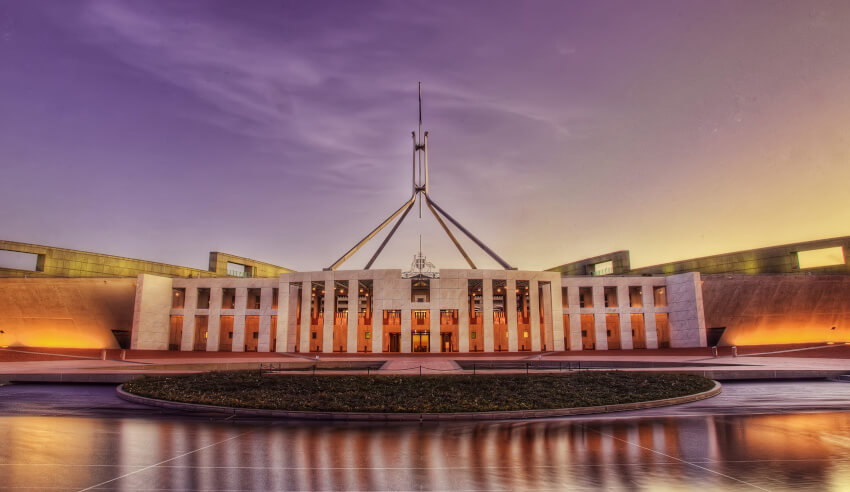Bizarre is a word often used to describe a deviation from what is normal or expected, which makes the NSW state government’s move to adopt Victoria’s drink driving laws remarkably strange, writes John Sutton.

It is unexpected because, NSW’s current policy around low-range drink driving is an overwhelming success compared to the Victorian model it seeks to adopt.
In NSW, drivers caught drink driving must appear before a magistrate and must explain their actions in court; inevitably, they will need character references which means disclosing the offence to friends and family.
Naming and shaming through the court process has far greater impact on changing driver behaviour and attitude than does handing out infringement notices.
Court appearances don’t allow drivers to just slip away to hide behind an on-the-spot fine and not be held accountable by their peers.
So, it’s hard to understand why the government would want to abandon its current highly successful policy which is proving a deterrent against recidivist drink drivers.
The only explanation for the odd decision to follow Victoria would be for revenue raising.
Infringement notices hold enormous economic value. They guarantee revenue.
As the new policy of the NSW government is detrimental to road safety, the only logical conclusion is that the decision has more to do with how it can extract more money out of drivers and reduce administrative costs associated with drink driving offenders appearing in court.
If it’s about revenue raising, then the government’s policy is the right move. If it is about road safety, as claimed, it most definitely is not.
Minister Pavey is the chief architect of this policy, and she has publicly stated the government’s decision to shift to on-the-spot infringement notices, is to clear the backlog of drink driving cases in court and improve road safety.
However, that’s already happening.
The government’s own figures, from its official source of crime information and statistics, BOCSAR, contradicts the government’s position.
BOCSAR conducts research into crime and criminal justice within NSW and evaluates initiatives designed to reduce crime and reoffending.
Which makes it even more bizarre as to why the government would run a campaign counter to its official statistical bureau and contradict what the true state of play is.
In 2016, Victoria’s drink driving recidivism rates were 29 per cent compared to NSW's 8.1 per cent. The NSW rate has been falling consistently since at least 2009, when it was 15.5 per cent
These most recent figures further expose the government’s true agenda, because, BOCSAR’s statistics show recidivism rates have declined dramatically over the past seven years.
BOCSAR’s statistics demonstrate the number of low range drink drivers appearing in the local courts for the first and only time has declined from 2.6 per cent in 2012–2013 to 1.9 per cent in 2016–2017.
These statistics indicate that the government’s current policy works and is a clear deterrent.
BOCSAR’s figures not only contradict the government position of wanting to make NSW roads safer and clear the backlog of cases in the courts but raises serious questions about the integrity of the message it is trying to sell.
BOCSAR is a highly respected source the government trusts. It is empowered to provide key information, information Minister Pavey, it appears, is ignoring.
BOCSAR stated, when asked if they are able to tell through their figures if a backlog of cases does exist due to low-range drink driving offenders appearing before the courts:
“Those figures don’t exist and have never existed, and we have never known of those statistics ever existing”.
BOCSAR were sceptical about the courts having such figures. It’s apparent the government cannot and does not genuinely know if there is a backlog, making Minister Pavey’s assertions dubious.
John Sutton is the managing partner and head of Armstrong Legal’s criminal law division.